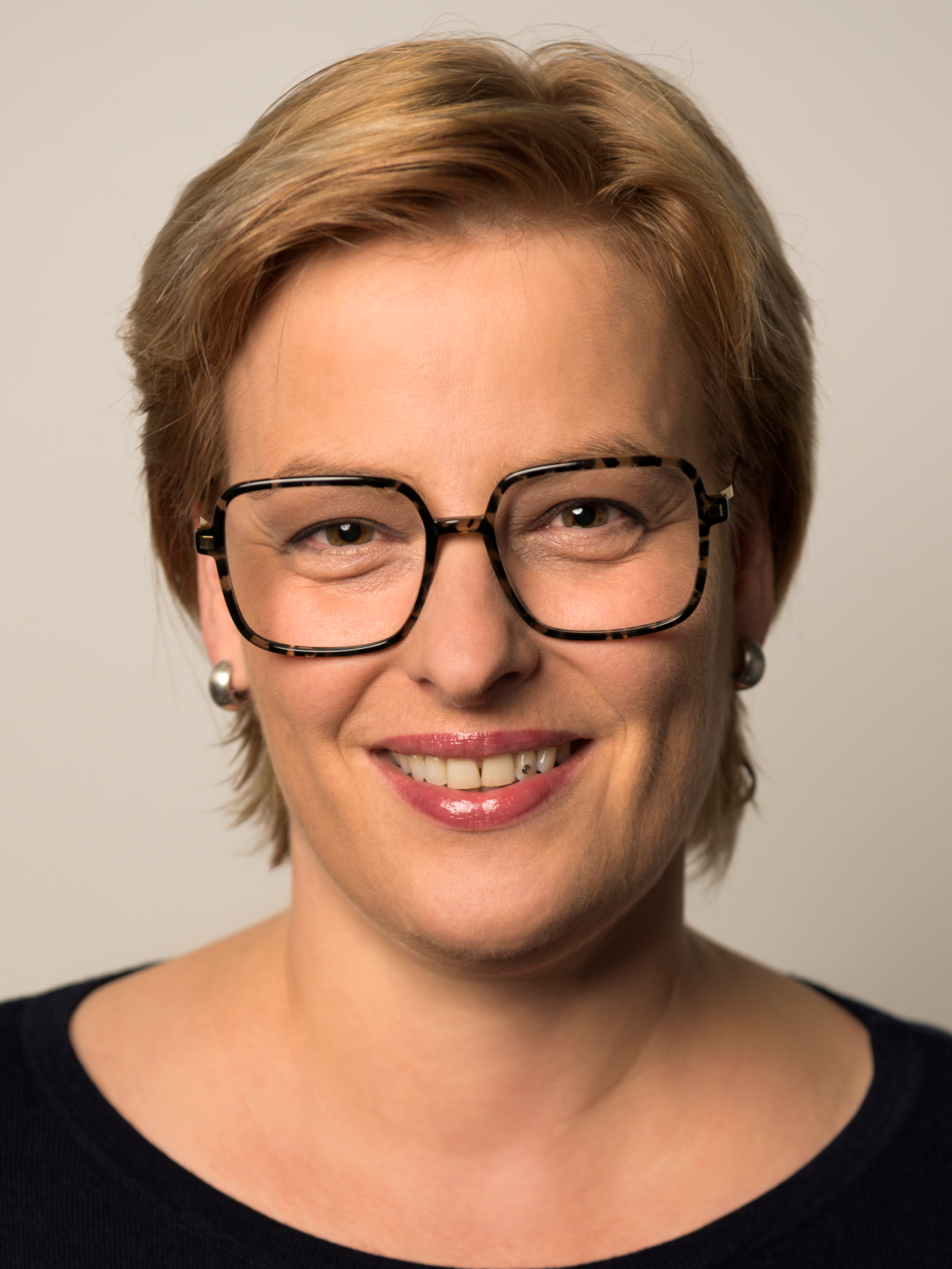© Martin Menke
Bettina Brokemper (2021)
Paving the way for radical cinematic visions
A fox tears at its own flesh in the middle of the forest. "Chaos reigns," declares the animal with a mouth full of blood. Standing by is a man who no longer seems to understand the world. A typical figure of myth, the fox is a harbinger of the relationship between man and nature, which is thrown out of joint.
Scenes like this one, from Lars von Trier's dark fairy tale ›Antichrist‹ (2009), are emblematic of the kind of cinema championed by Cologne-based producer Bettina Brokemper. She wants to tell good stories that possess cultural and social relevance. Brokemper's projects prioritize what is essential and focus exclusively on the medium and its transformative qualities. They open up perspectives, bring the unseen into view, and probe the seemingly utopian question of how a better society can not only be found, but also lived. Central to Brokemper’s philosophy is the notion of cinema as a place where film culture is lived: "For me, cinema is a place for dreaming, for storytelling, for modern fairy tales. It is a space to simply let go, to step out of reality and venture somewhere else. Maybe back to a very harsh reality, but not to your own."
In her capacity as a producer, she advocates film art that is far removed from compliant arthouse trends, that also dares to demand something from the audience. Since 2001, Bettina Brokemper has been the managing director of Zentropa Köln GmbH, the German branch of the Danish production company founded by Lars von Trier and Peter Aalbæk Jensen. Starting with ›Dogville‹ (2003), she has been a co-producer on all of Lars von Trier’s films. In addition to the horror film ›Antichrist‹, particularly significant within her collaboration with Lars von Trier is the two-part ›Nymphomaniac‹ (2013), which thanks to Brokemper was shot, like ›Antichrist‹, in her home region of North Rhine-Westphalia.
The films produced by her own Cologne-based production company Heimatfilm also represent daring and idiosyncratic cinema that disrupts viewing habits and radically challenges conventions. Brokemper founded the company in 2003 with Helmut Hartl and Stefan Telegdy. Heimatfilm’s very first production, ›I Am Guilty‹ (2005) directed by Christoph Hochhäusler, was immediately a great success. The film was invited to screen in Un Certain Regard, the most important sidebar of the Cannes Film Festival, and was hailed by the international press and professionals attending the festival as one of the best German films of recent years. To make the film, Brokemper invested her business start-up loan, money that had been allocated exclusively for the purchase of office supplies. Passion, a refusal to compromise, and pragmatism don't have to be at odds with one another – Bettina Brokemper is the proof.
In the years that followed, Bettina Brokemper and Heimatfilm have established themselves as important players in the European film industry. The relationship drama ›Counterparts‹ (2007) by Jan Bonny, Semih Kaplanoğlu's Berlinale winner ›Bal‹ (2010), Margarethe von Trotta's impressive portrait ›Hannah Arendt‹ (2012) and Bonny's Locarno competition entry ›Germany. A Winter’s Tales‹ (2018) continue the national as well as international success story, demonstrating the thematic range of Brokemper’s work. Despite her international scope, the Rhinelander has repeatedly emphasized the importances that Cologne has for her, on a professional and personal level. And the city of Cologne also appreciates her work: in 2013, she was honored as one of the most successful producers in Europe with the Cologne Art Award. Brokemper is committed to green shooting, gender equality, promoting the projects of female directors, and wants films to be seen and evaluated regardless of the filmmaker’s gender.
Through her work, Bettina Brokemper has distinguished herself as one of the most incisive voices within the European film industry. The IFFMH celebrates her with a tribute during its 70th edition and looks forward to welcoming her to the Rhein-Neckar region.

